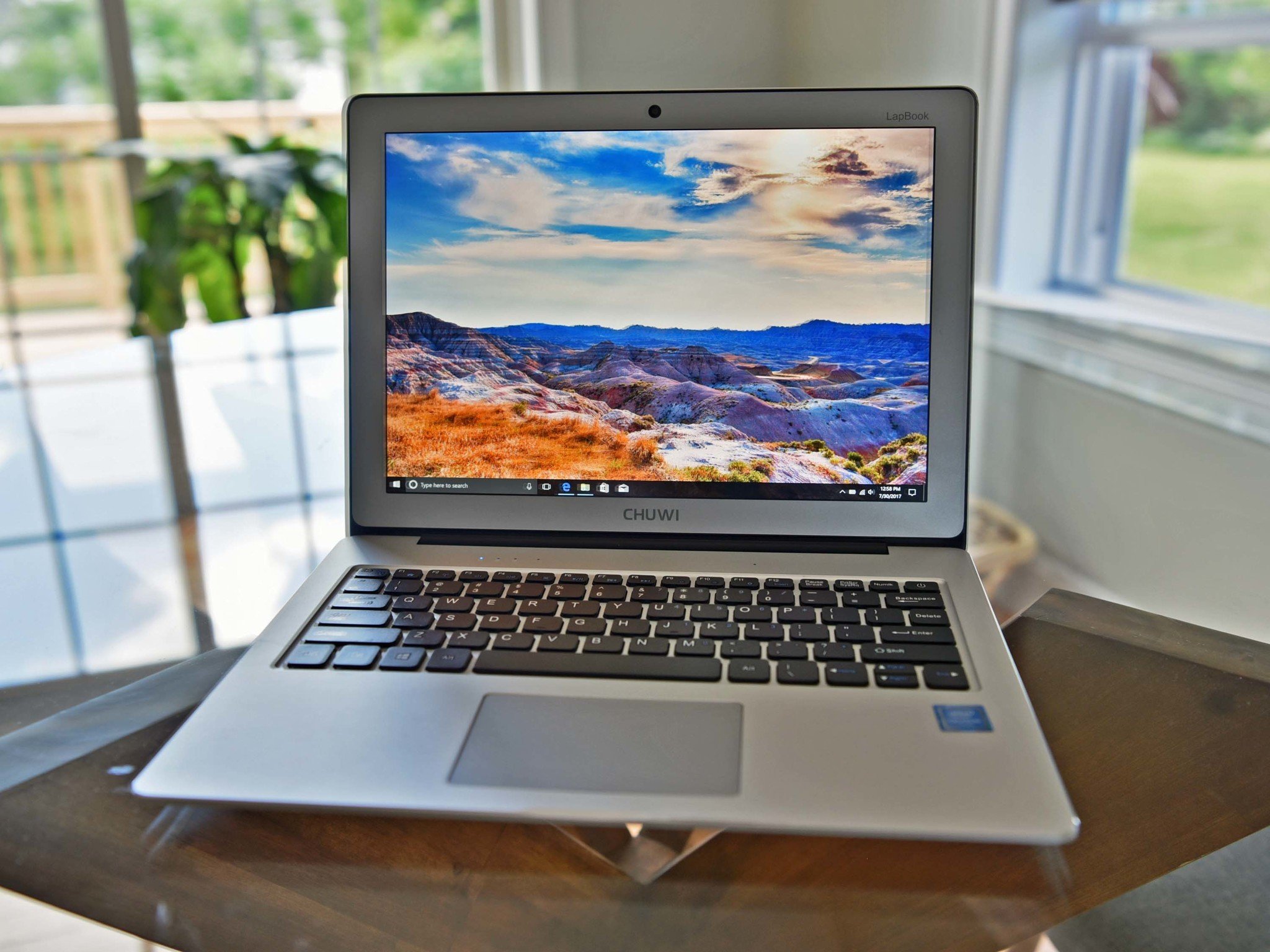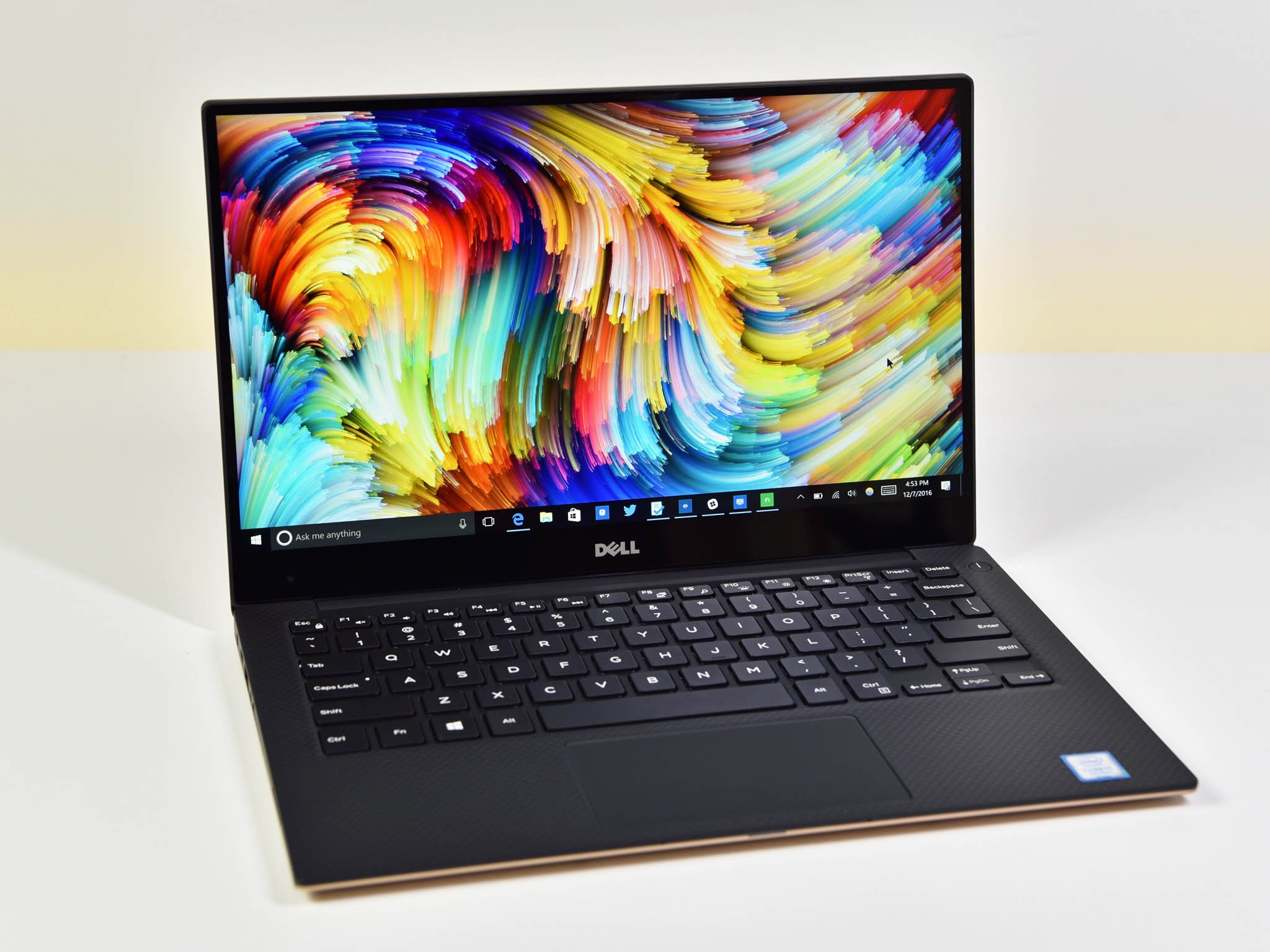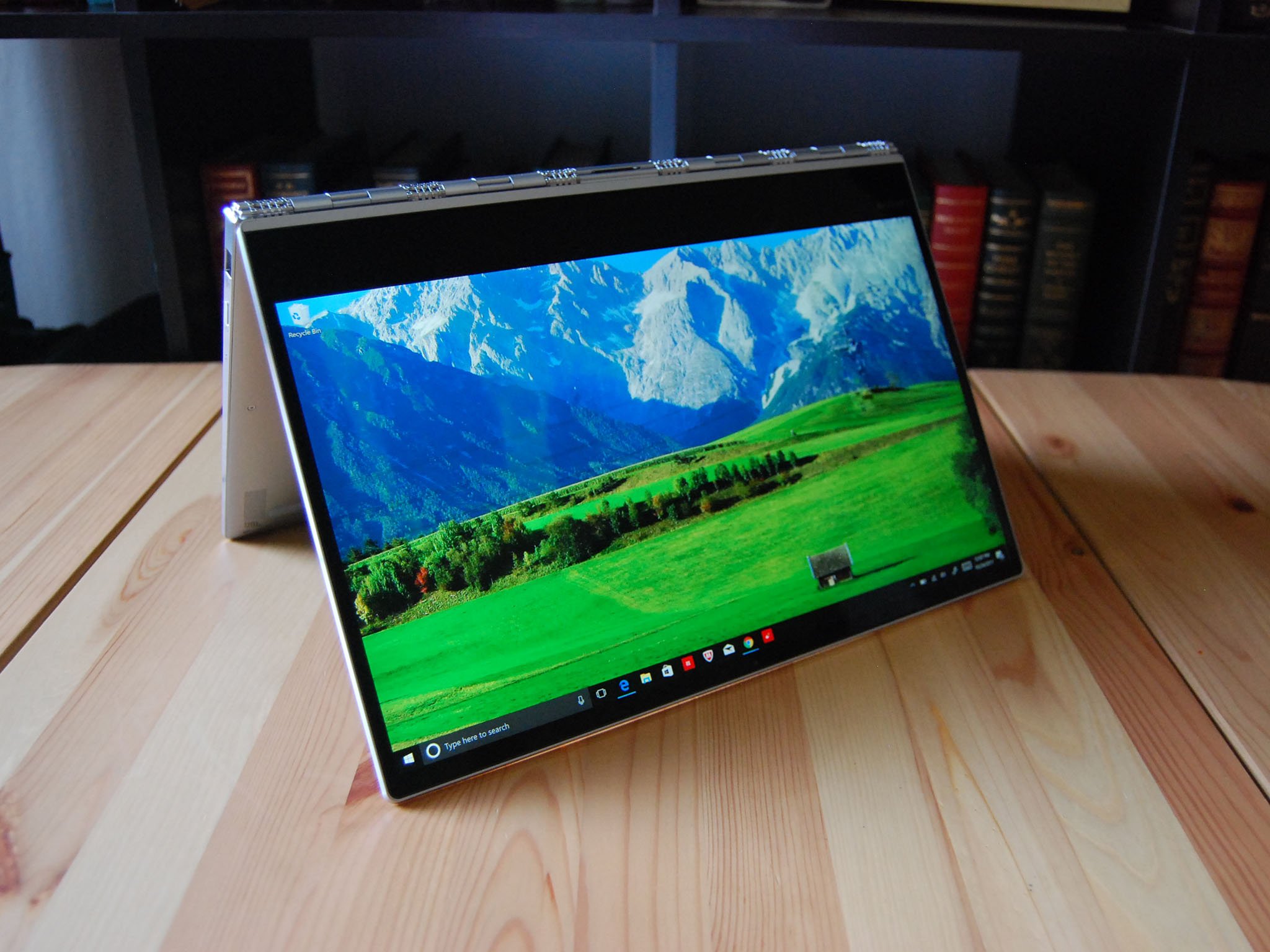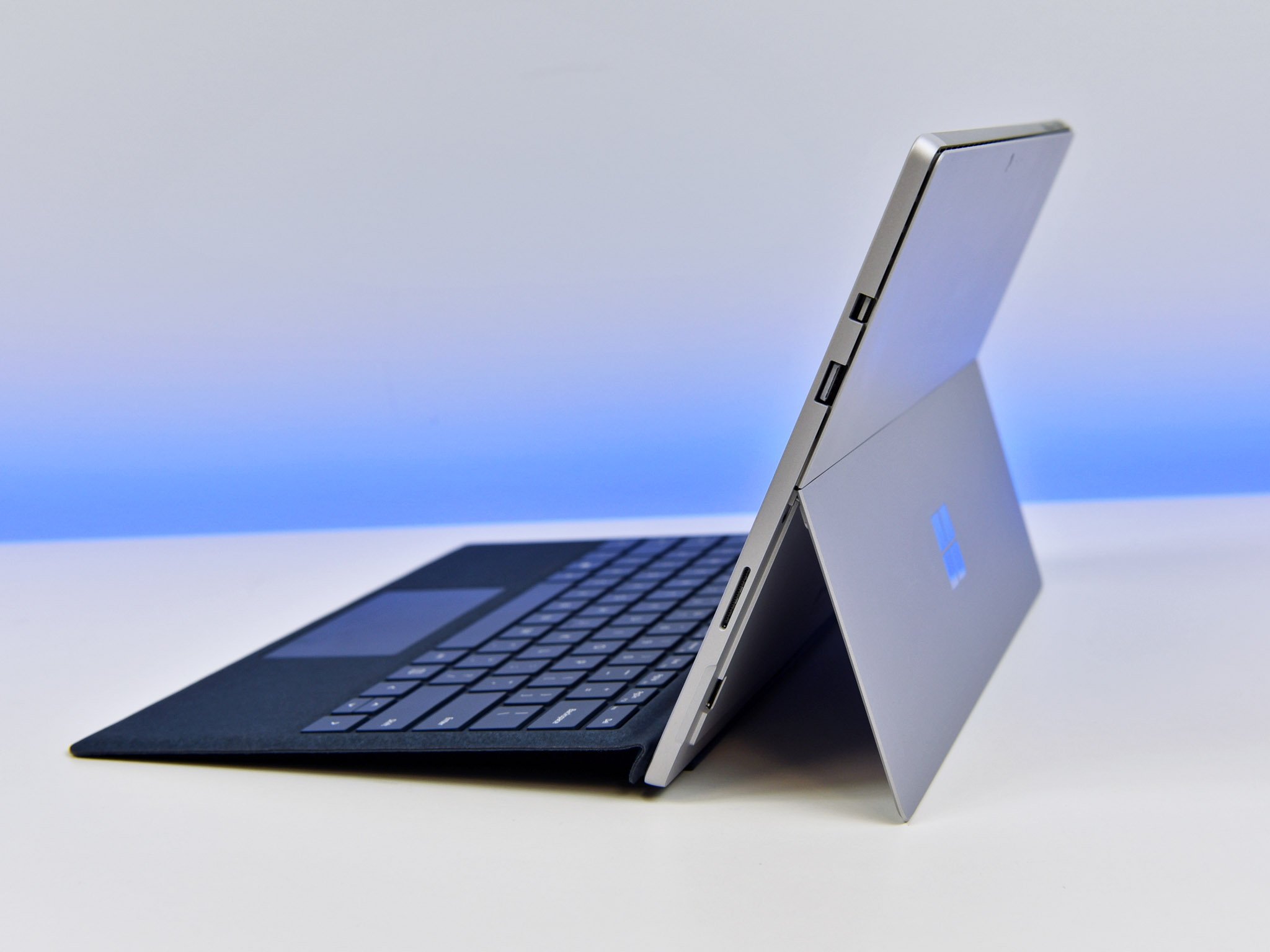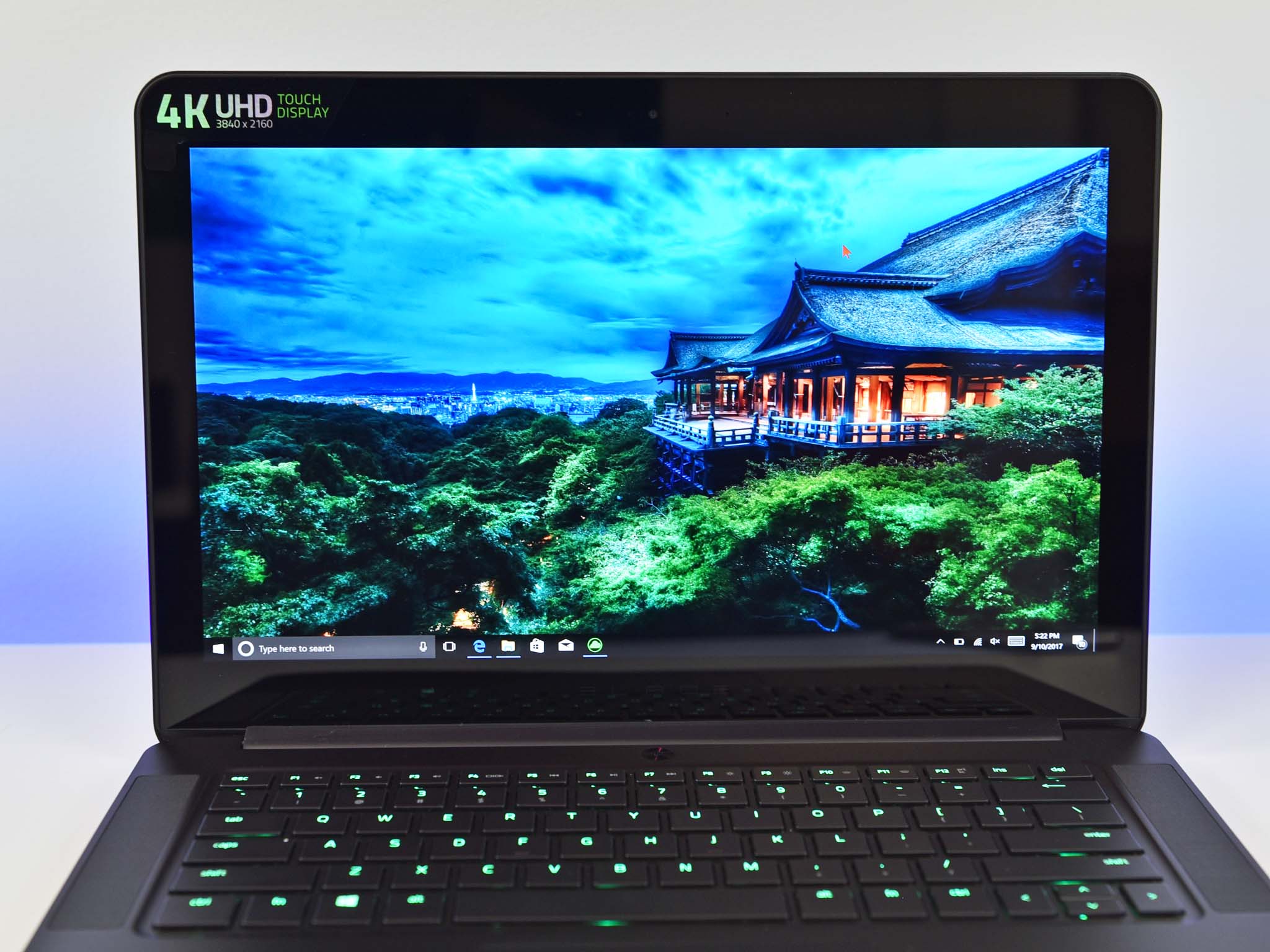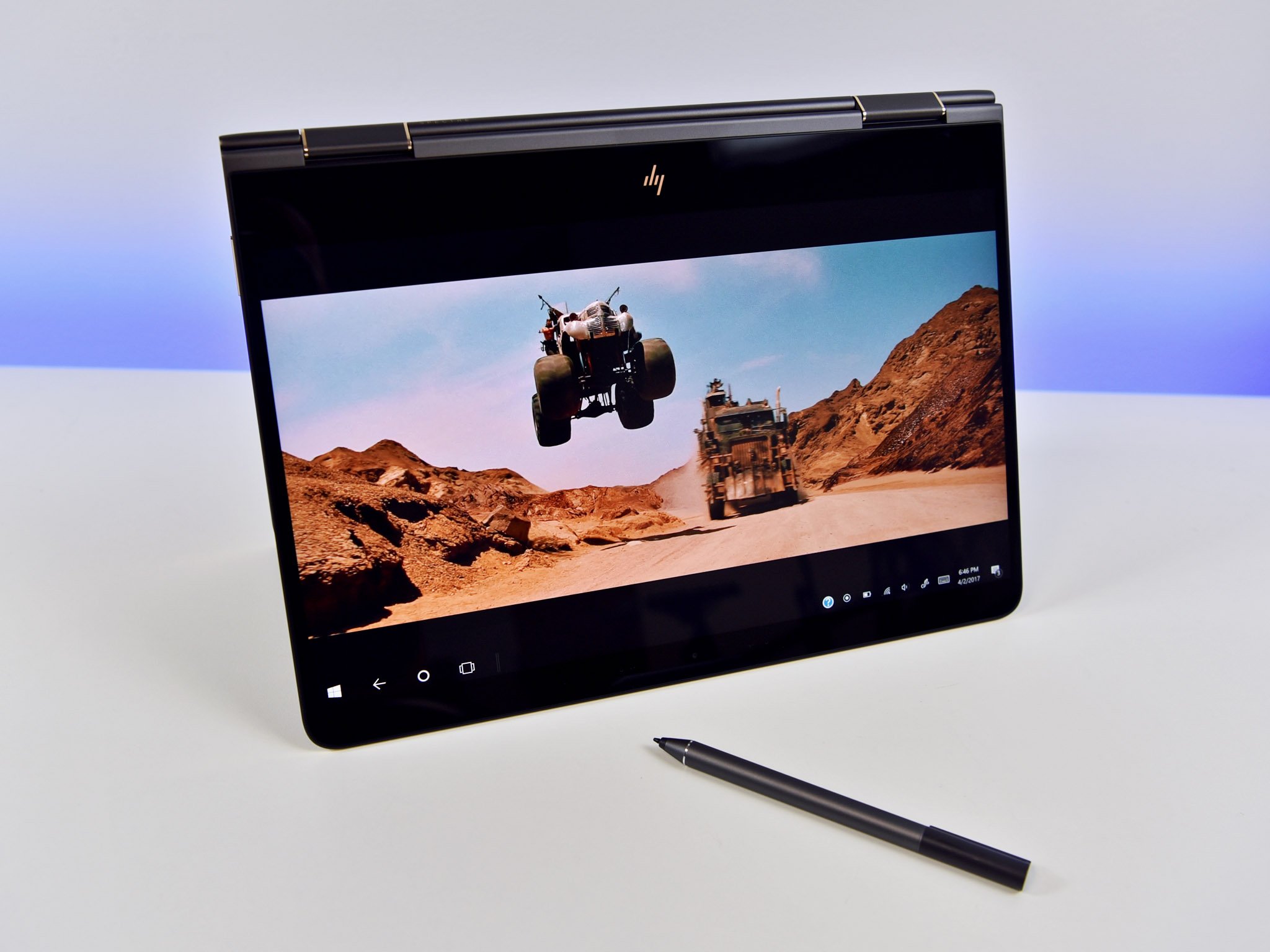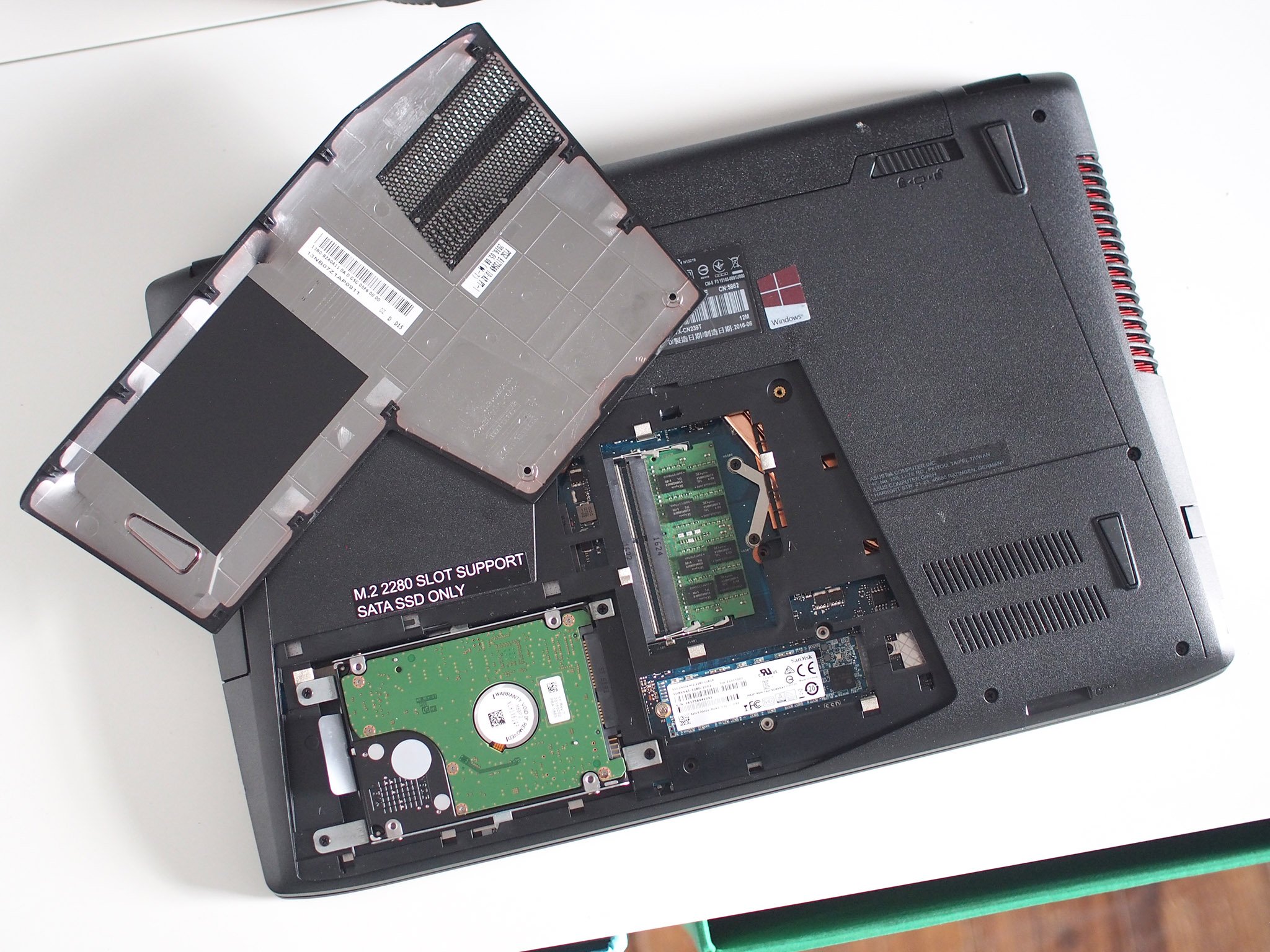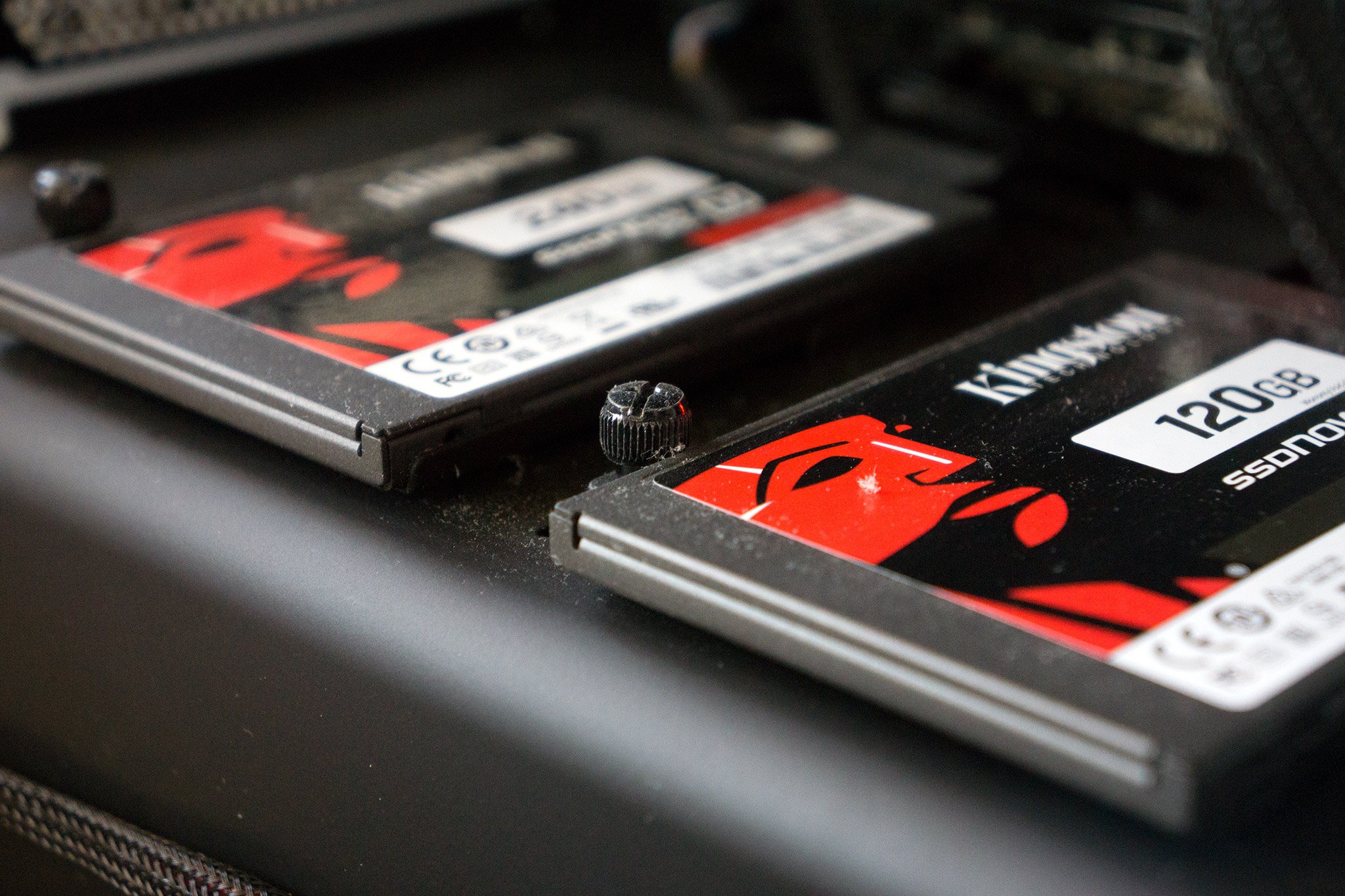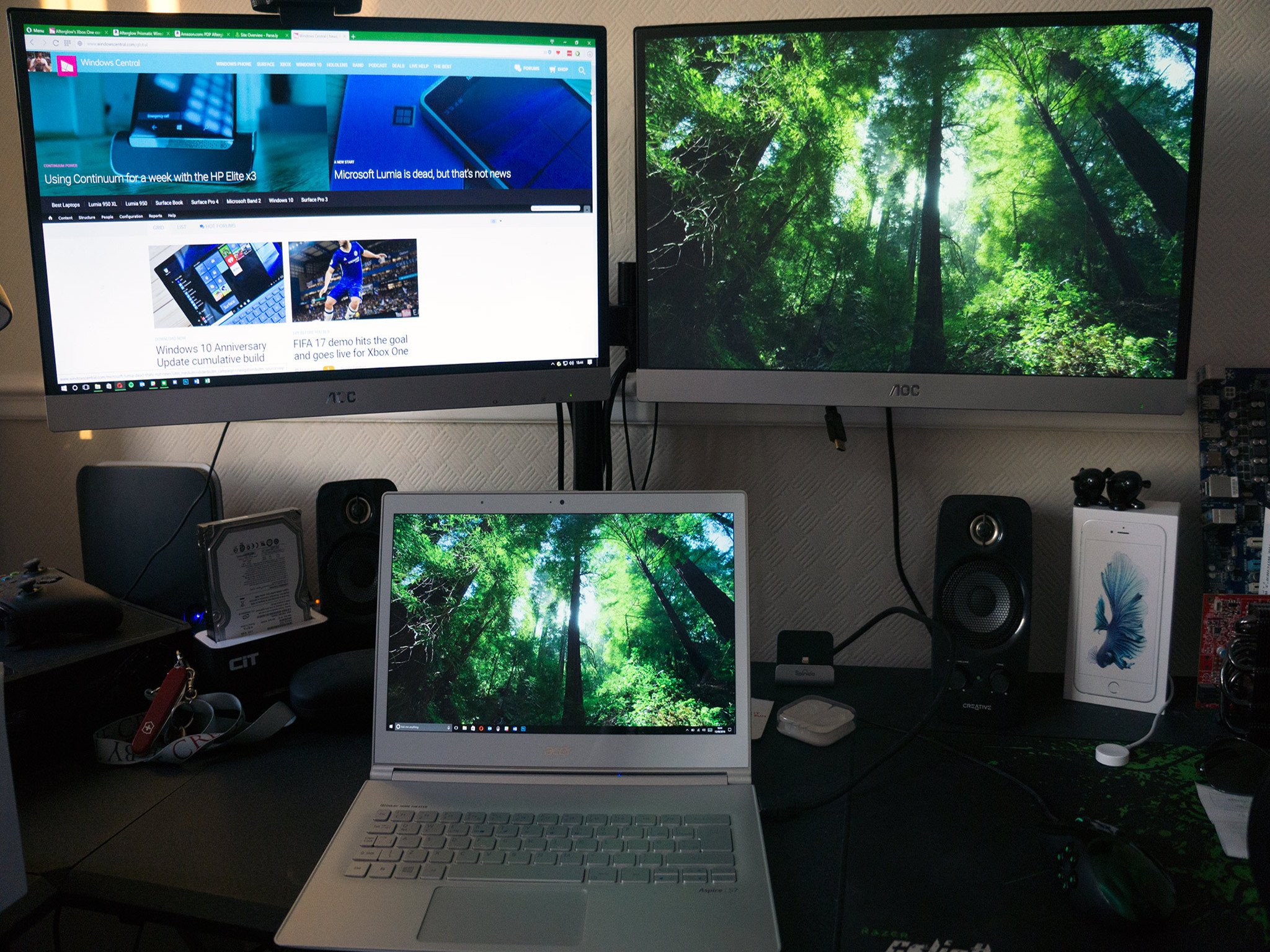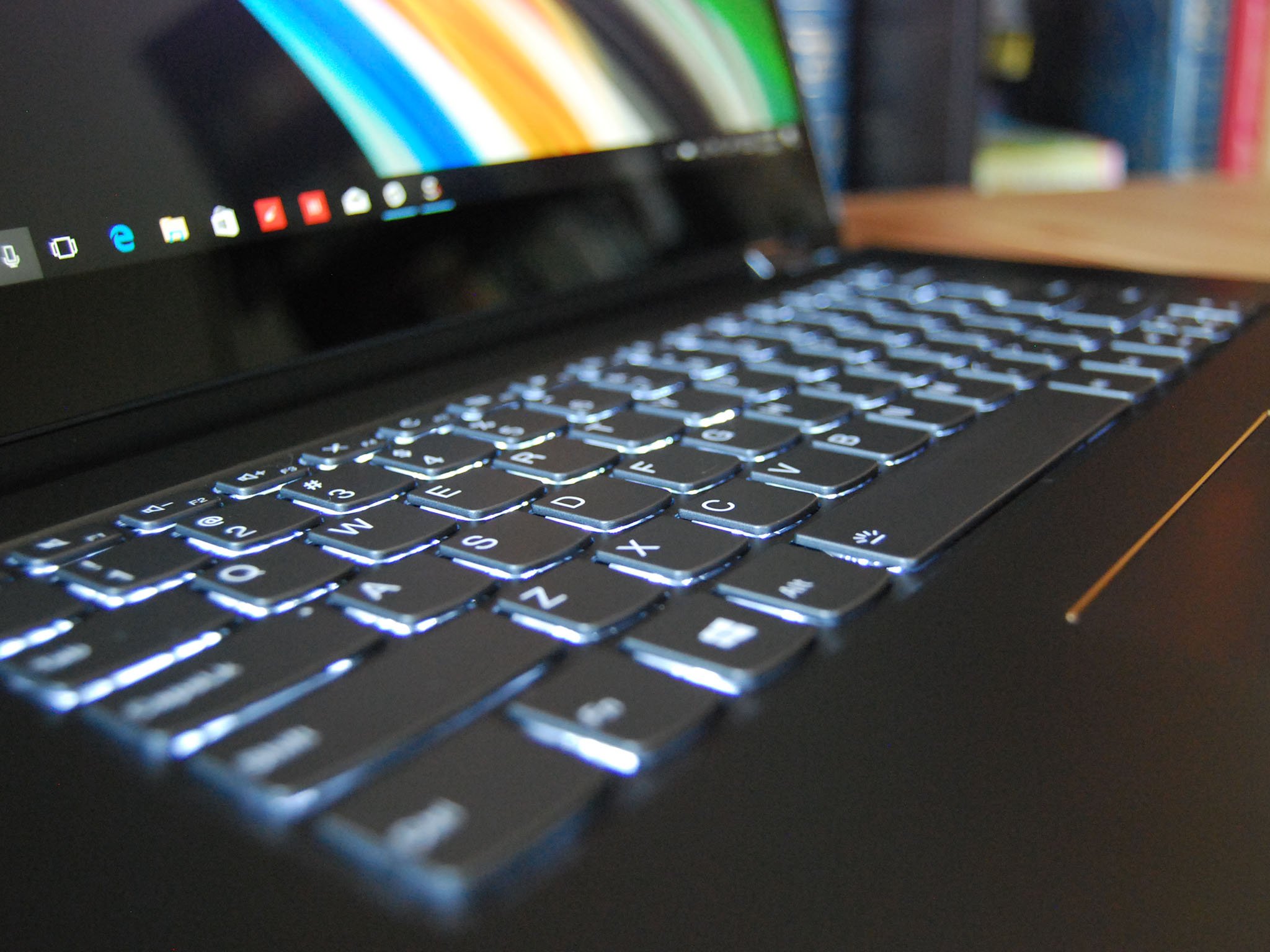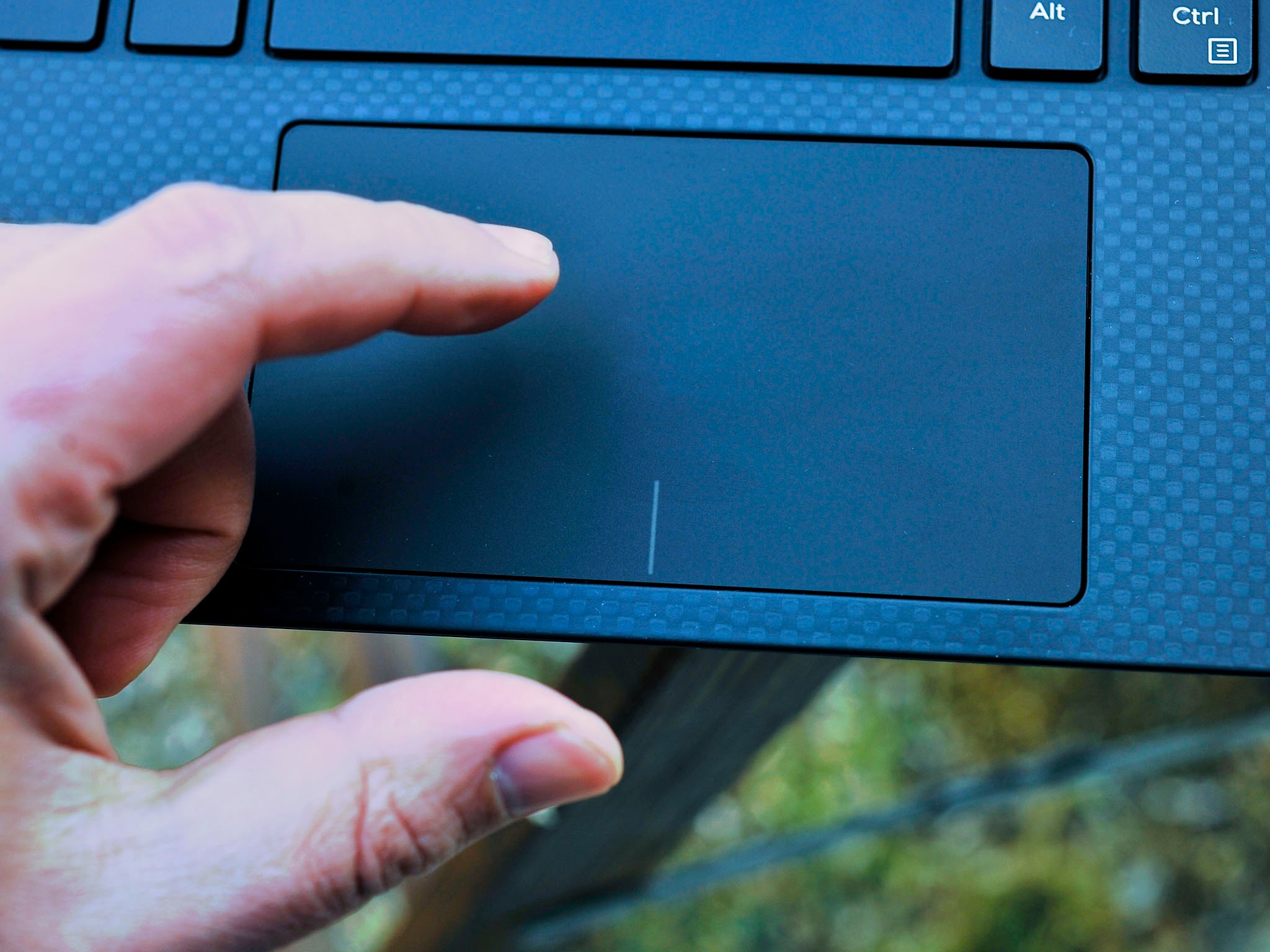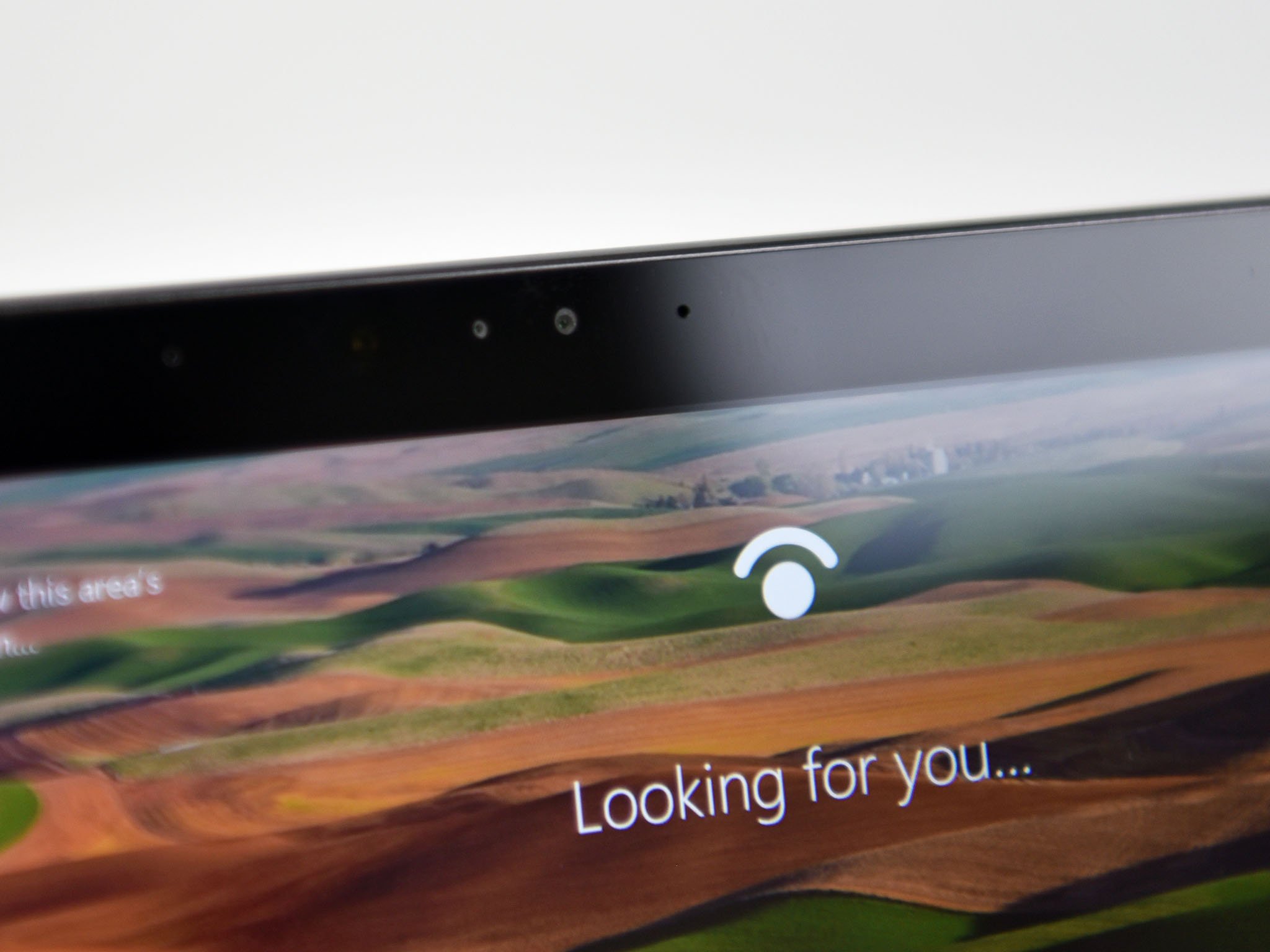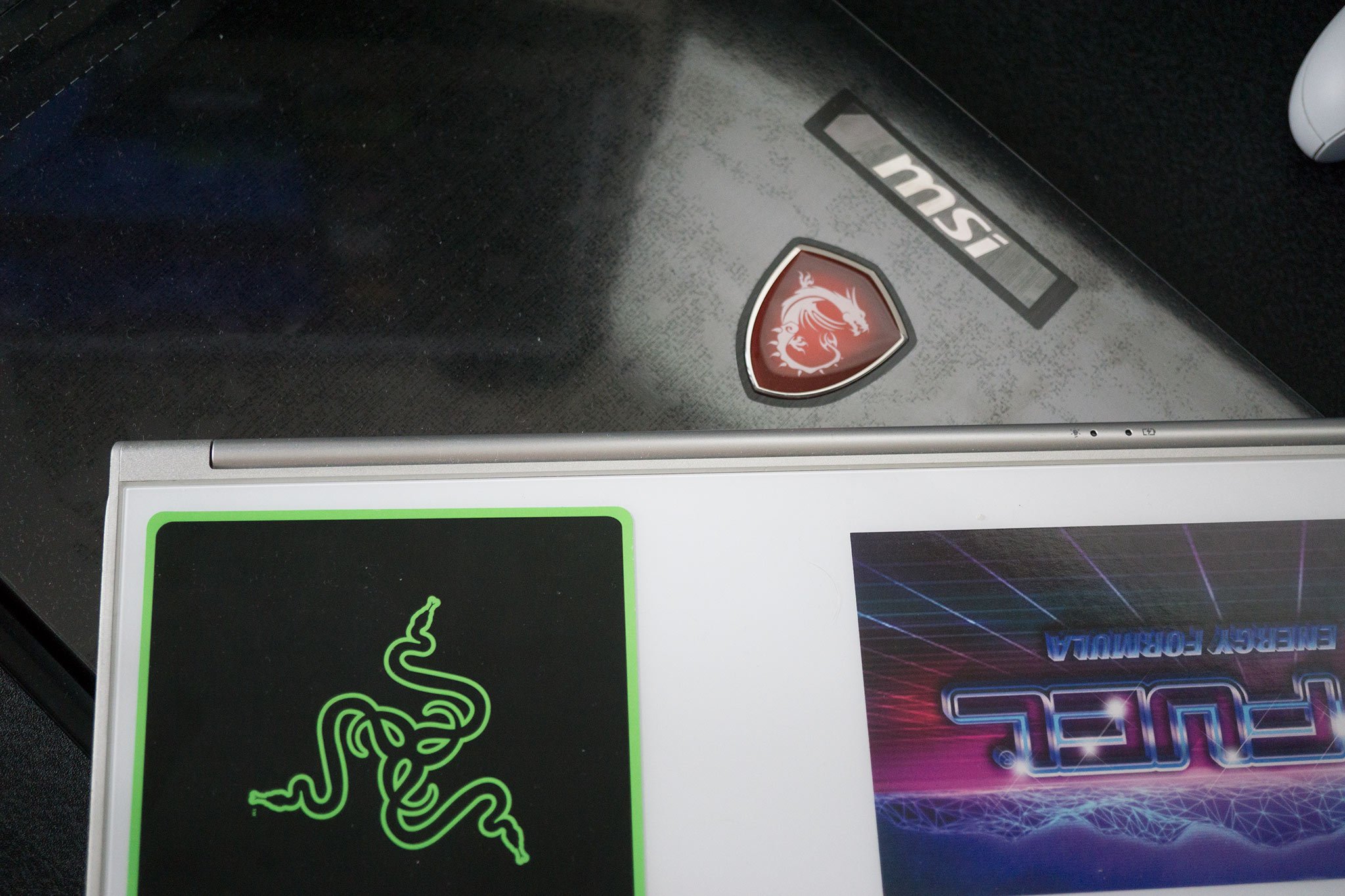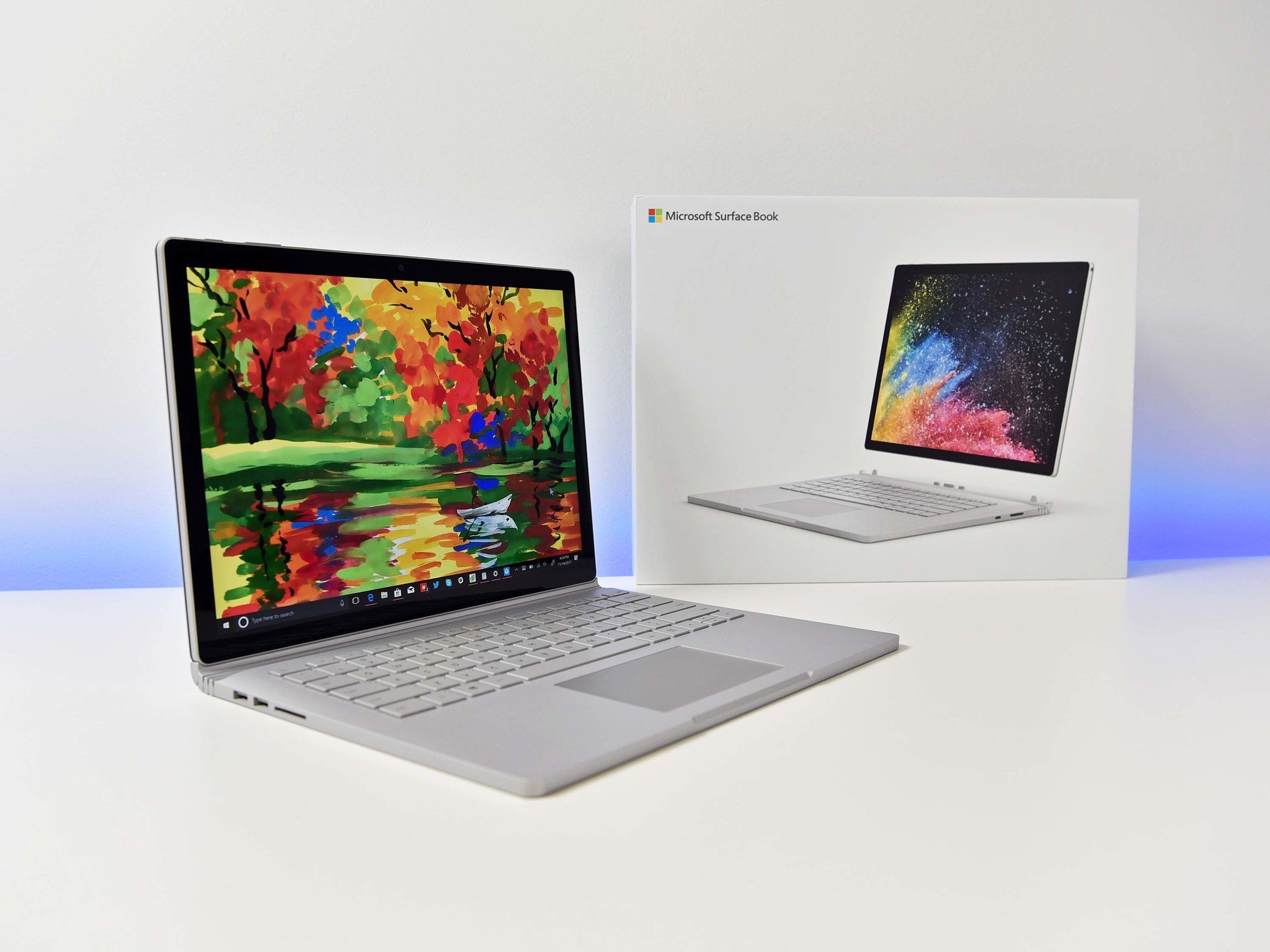
All the latest news, reviews, and guides for Windows and Xbox diehards.
You are now subscribed
Your newsletter sign-up was successful
There are many factors to take into account when buying a laptop. You don't want something that's underpowered, too much laptop, or just plain bad. Making a final decision is only more difficult thanks to the wide range of laptops available. To help sort the great from the not-so-great, here are nine tips to remember when shopping for a laptop this holiday season.
See our Laptop Buyer's Guide
Set a price and stick to it
Your budget, when shopping for a laptop, can get out of hand quickly. One laptop might have a feature you need, while another has that feature and more. The problem is, the more features you add to a laptop, the higher the price creeps.
For extra help when choosing a laptop by price, we've chosen the best laptops in a bunch of different price ranges.
- Best Laptop Under $300
- Best Laptop $300 - $500
- Best Laptop $500 - $750
- Best Laptop $750 - $1,000
- Best Laptop $1,000 - $1,500
- Best Laptop $1,500 - $2,000
- Best Laptop Over $2,000
Deciding on a number to spend and sticking to it will ensure you come out the other side without any buyer's remorse.
Read reviews
Blindly buying a laptop is never a good idea. Yes, the sale might be very attractive, but you don't want to get stuck with something that doesn't perform or doesn't fit your needs.
We've written a ton of reviews on a bunch of great laptops that highlight the pros and cons to help you decide whether or not the device is the right one for you.
All the latest news, reviews, and guides for Windows and Xbox diehards.
Decide which design is best for you
Laptops mainly come in three different designs: notebook, convertible, and 2-in-1.
Notebook
Laptops with a notebook design are what you think of when imagining a classic laptop. You have a body with a lid that opens up so you can use it, well, on your lap.
A notebook design works great if you are using your laptop primarily for typing or gaming and if you're not interested in using your device as a tablet.
Convertible
Convertible laptops are more versatile than notebooks. They generally resemble a notebook, but have a lid that can fold around 360 degrees. This function allows for the laptop to work in tent, stand, or tablet modes depending on the task at hand.
Convertible laptops, because they can be used without the keyboard, will always have a touch display and some — like the Lenovo Yoga 920 — will have an active pen available.
2-in-1
These laptops are actually two pieces — a keyboard and a tablet — that connect and disconnect easily. This design is best if you love to carry around a lightweight tablet most of the time, but also occasionally want a full keyboard and touchpad for extra productivity.
Many of these devices have their performance hardware contained within the tablet, but some, like the Microsoft Surface Book 2, have additional hardware in the removable keyboard and touchpad.
See the best 2-in-1 and convertible laptops
Choose the right display
There are several factors to consider when choosing a display, including size, resolution, and touch.
IPS vs. TN monitors: Which is best for you?
Size
The size of the display you need in your laptop really depends on what you use it for. Anyone who uses their laptop for heavy multitasking will want a larger display — you can fit more windows onto the screen at once and you'll see your productivity go up due to not having to constantly switch between windows.
If you're using your laptop for gaming and don't plan on connecting to an external display, you'll also want a large screen. Gaming only gets better when the display gets bigger.
Of course, a bigger laptop is also a heavier one and more awkward to carry around. And they're typically more expensive.
Resolution
A 4K display will usually set the price of a laptop quite a bit higher than usual, but some professions require it. Photographers and videographers need a high resolution in order to clearly see what they're working with.
A higher resolution also means you can get more windows onto the screen — if you don't want a large display but plan on some heavy multitasking, get a display with a high resolution. Keep in mind that a higher resolution will almost always negatively affect your laptop's battery life.
Touch
Like the other two factors to consider, going with a touch display or a standard display depends on what you're using it for. Some laptops with a notebook design, like the Dell XPS 13, come with touch displays, but the price goes up in this case.
If you don't think you'll be regularly using a touch display, it's probably not worth the extra money and reduced battery life. Convertible and 2-in-1 laptops will always come with a touch display because of their design.
Know what performance specs you need
Buying too much or too little laptop is a common mistake. Knowing what you'll use the laptop for is the first step in buying something with suitable performance, and the second step is understanding hardware specifications. You should know:
- How much RAM do I really need for the task at hand?
- Which graphics card can run my games?
- Which processor is best suited for my needs?
If you use your laptop for web browsing, word processing, and video watching, you won't need to spend too much. As far as RAM goes, 8GB is the most you'll need, and you'll probably be safe with, at most, an Intel Core i5 processor.
On the other hand, if you want to play every game that comes out over the next few years, you'll want a gaming laptop full of the latest hardware — this stuff ages fast.
Another big factor to consider is battery life. If you're on the road a lot or like to use your laptop around town, you'll want to go with a laptop with the longest battery life possible.
Can't see into the future to determine the hardware you'll need over the next few years? Check out the best laptops that you can upgrade yourself.
Plan your storage for the future
One of the most important parts of a laptop is the storage hardware. You want something that will not only suit your current storage needs — you want something that can hold all your data for the next few years. Keep in mind that media files and games keep getting larger as the quality ramps up.
You basically have two choices: hard-disk drives (HDD) are older technology and are less reliable than newer, faster solid-state drives (SSD). The upside of an HDD? You can get more storage space for less money.
The price factor is only scratching the surface of the debate between SSD and HDD. You'll want to know the technological differences between HDDs and SSDs before making a final decision.
Deciding how much storage space you need can be hard to gauge. If you'd like to hedge your bets and get a laptop that you can upgrade yourself, check out the best laptops with upgradeable hardware.
Count the ports
Your laptop should have all the ports you regularly use, especially if you hate carrying dongles along with you. If you're using your laptop for multimedia editing, you'll want plenty of USB ports for all your devices — an SD card reader will definitely help as well.
Anyone who likes hooking their laptop up to an external display or two should look out for DisplayPort, Mini DisplayPort, or HDMI ports. If you plan on using the laptop primarily for web browsing and word processing, you can probably get away with having fewer ports.
Get familiar with the keyboard and touchpad
Working can be tough when you're using a keyboard with a poor design. You make involuntary mistakes while typing, and when you move to correct them, the unresponsive touchpad compounds the problem.
Testing out the keyboard yourself before purchase is the best bet, but this isn't always an option. Personal preferences vary, so even if others claim the keyboard is great, you might not enjoy it.
Get acquainted with the keyboard you love to type on now and find something that resembles it. Consider key travel, key spacing, and whether or not you require a number pad.
Touchpads are a bit easier to pin down — you want something that your fingers glide over easily and that is accurate and responsive. If you'll be using the touchpad for editing or other precision work, you'll want a laptop with the best touchpad possible.
Think about security
Will your laptop come into contact with classified documents? What about photos you'd rather not share with the world? Whatever your reason, security is a big deal when it comes to our laptops.
Windows Hello is a biometric security system that works with fingerprint readers or IR cameras to log you into Windows immediately. If it's not you, it's not getting past the login screen.
Look for a laptop with a fingerprint reader or a webcam compatible with Windows Hello to get the best security possible.
Consider buying used or refurbished
Buying a used or refurbished laptop can often save you a thick wad of cash. The issues here are that you probably won't have as large of a selection, and, especially when buying used, you might not get a laptop that's in 100-percent working order.
Refurbished laptops usually come from established manufacturers and are usually covered with a limited warranty, while used laptops will not have a warranty and you'll have to rely on the word of the seller as to the quality and history of the device.
There are a few popular places you can buy and sell used devices, which we've already rounded up into a handy guide. It is focused on Surface devices, but really works with any laptop.
- 9 easy ways to sell an old Surface PC so you can buy a new one
- Should you buy a new, used, or refurbished laptop?
More resources
- See our Laptop Buyer's Guide
- Considering a budget laptop? You should expect these compromises.
- 5 common mistakes to avoid when buying a laptop
- 5 key considerations when buying a laptop for college
- 5 easy ways to save money when buying a laptop
Updated November 16, 2017: We've refreshed this guide to ensure it remains relevant for this holiday season.

Cale Hunt brings to Windows Central more than nine years of experience writing about laptops, PCs, accessories, games, and beyond. If it runs Windows or in some way complements the hardware, there’s a good chance he knows about it, has written about it, or is already busy testing it.
